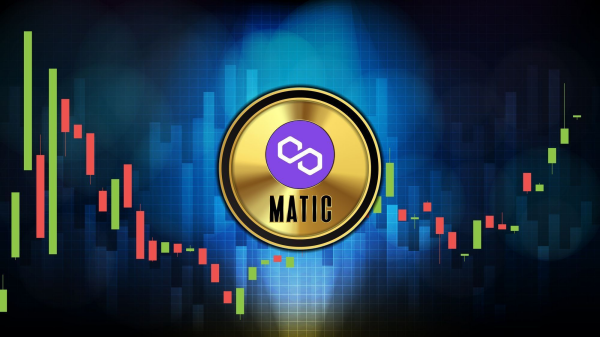
Today, with the rapid development of blockchain technology, Polygon (MATIC), as a second-layer expansion solution, is undergoing a major upgrade. According to a report from Bijie.com, the development team behind Polygon announced that it will rename its ecosystem’s native asset to POL later this year. This change is of great significance to Polygon's future development and will bring a series of far-reaching impacts.
The background of MATIC’s upgrade to POL
In its latest blog post, Polygon Labs stated that starting September 4, 2023, MATIC will be replaced by POL as the blockchain’s native gas and staking token. This means that in the initial phase, POL will be the gas and staking token for Polygon’s proof-of-stake (PoS). The community can then decide to expand the utility of POL to play a key role in AggLayer.
AggLayer is a Polygon project aiming to unify liquidity. According to Polygon Labs, MATIC holders on the Polygon network do not need to take any action. However, users holding tokens on Ethereum (ETH), Polygon’s Ethereum Virtual Machine, and centralized exchanges may need to go through the migration process. The smooth progress of this process is crucial to ensuring the security of user assets.
Short-term and long-term potential of POL
The developers detailed POL’s long-term and short-term potential as the ecosystem’s primary token. In the longer term, current community consensus suggests that POL will support a wider range of roles within the Polygon Staking Center (to be released in 2025), including block generation, zero-knowledge proof generation and participation in the Data Availability Committee (DAC). According to the proposal, all parties agreed that Polygon PoS validators must hold POL in order to receive protocol rewards and transaction fees in POL.
This means that starting on September 4, 2023, every transaction that occurs on Polygon PoS will use POL as the native gas token. This is the short-term utility of POL. This change will help improve the efficiency and security of transactions and provide users with a better experience.
The significance of token rebranding
The token rebrand was first proposed in July 2022 with the aim of accelerating the growth of the network. A few weeks later, Polygon Labs founder Sandeep Nailwal explained that the proposal was part of the blockchain’s transition to Polygon 2.0. As Nailwal said at the time, “POL provides the benefits of multi-chain staking without the increased risk of reboots. With the Polygon 2.0 proposal, the Polygon ecosystem will expand from a single chain to L2 that can easily interoperate and share liquidity (Section 2) 2) ecosystem.”
This change will make Polygon’s ecosystem more flexible and efficient, and lay a solid foundation for future development. As blockchain technology continues to advance, this upgrade will help Polygon maintain its leading position in the highly competitive market.
Market reaction and future prospects
According to Bijie.com, at the time of writing, MATIC is trading at $0.531, up 3.5% in the past 24 hours. This price change reflects the positive market reaction to this upgrade. With the launch of POL, the market is full of expectations for the future of Polygon.
Don't miss a beat - subscribe to get email alerts delivered directly to your inbox, and follow us on X, Facebook and Telegram for the latest market updates and price action.
in conclusion
This major upgrade to the Polygon ecosystem marks the beginning of a new era. With the upgrade of MATIC to POL, Polygon will further strengthen its competitiveness in the blockchain field and provide users with more efficient and secure services. This change will not only help improve the efficiency of transactions, but will also lay a solid foundation for future development. With the market's positive reaction, we have reason to believe that Polygon's future will be brighter.